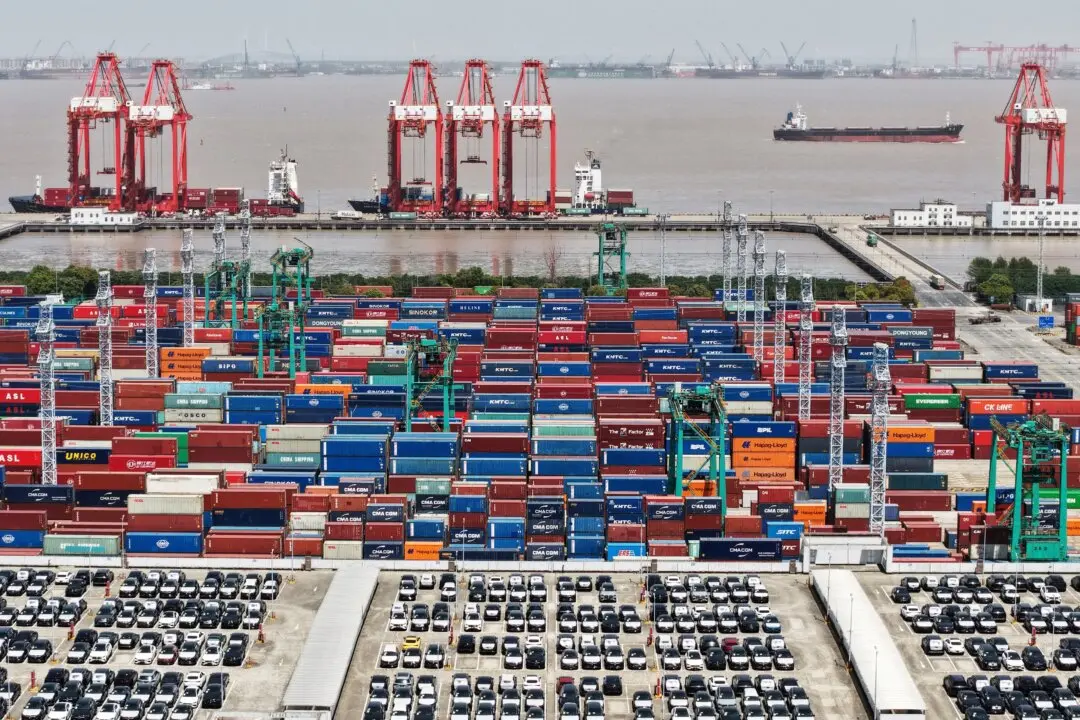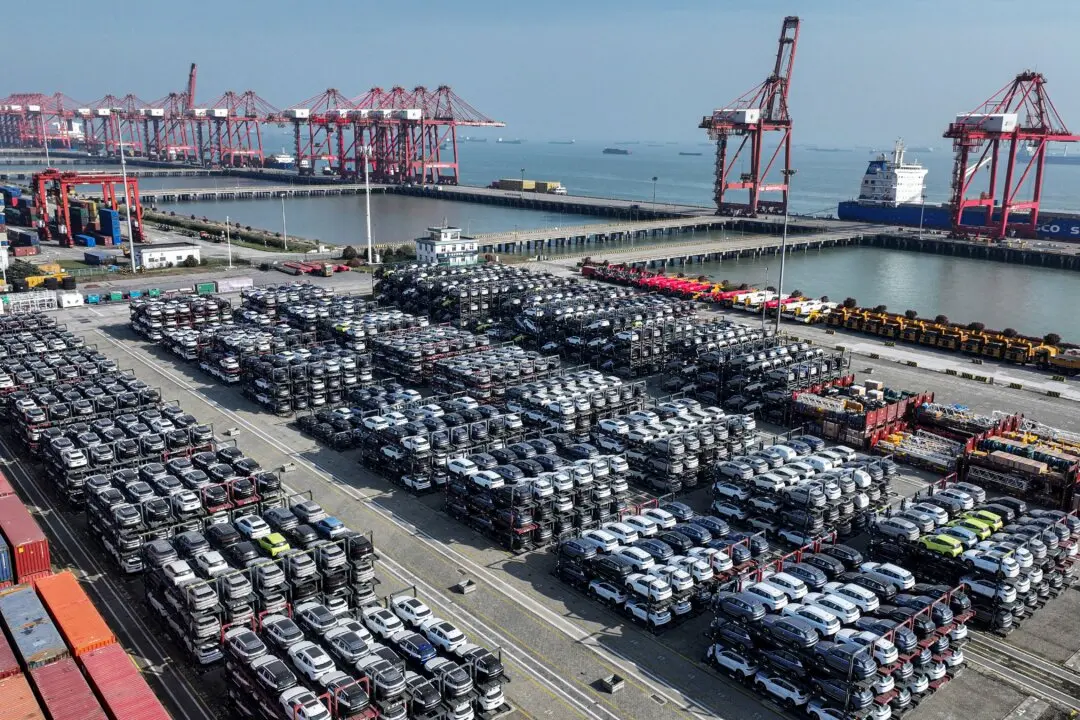Commentary
Both Washington and the European Union (EU) have shown increasing levels of hostility toward Beijing, especially in trade relations. Voices in Washington talk not infrequently about the need to “decouple” the U.S. economy from China’s. The Europeans prefer the word “de-risk,” but it comes to the same thing.





